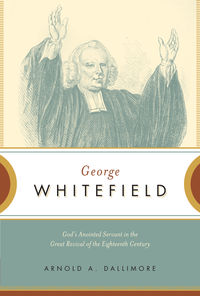
The Color of Compromise | Book Review
Jemar Tisby’s The Color of Compromise is a difficult book to read. The difficulty does not result from a complex argument or dense prose, for the book’s argument is simply and straightforwardly made. Rather, the book is difficult to read because of its subject matter, namely, white Christian complicity with racism throughout American history. “Historically speaking,” Tisby writes, “when faced with the choice between racism and equality, the American church has tended to practice a complicit Christianity rather than a courageous Christianity. They chose comfort over constructive conflict and in so doing created and maintained a status quo of injustice.” Tisby … Continue reading The Color of Compromise | Book Review


